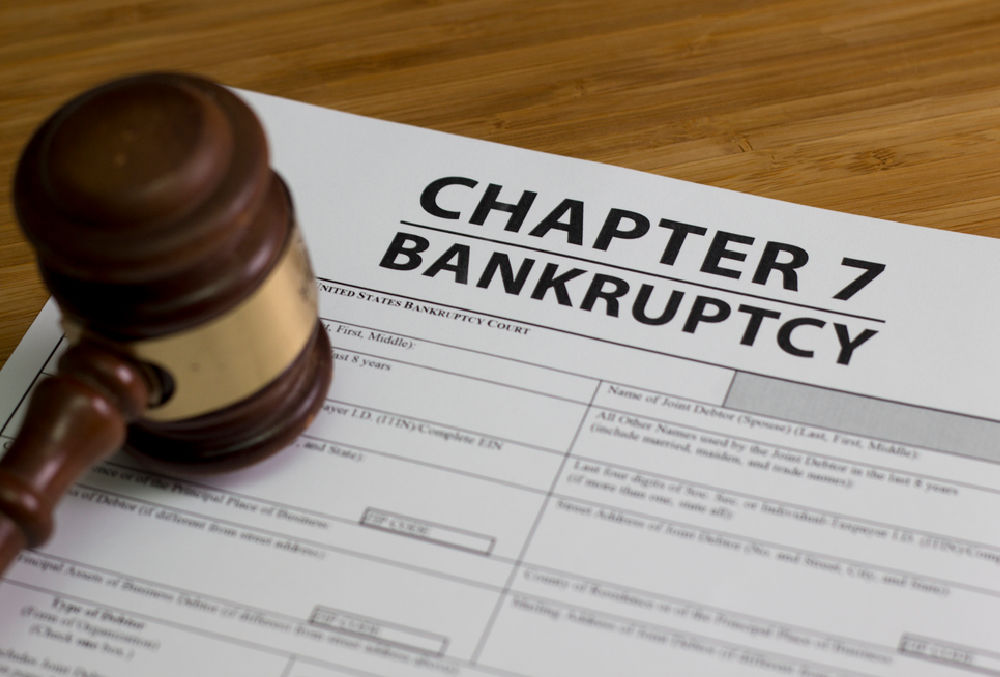
Chapter 7 bankruptcy is a type of bankruptcy that allows people to discharge most of their debts. It is also known as a liquidation bankruptcy, because the person’s assets are sold to pay off their creditors.
Table of Contents
Who qualifies for Chapter 7 bankruptcy?
To qualify for Chapter 7 bankruptcy, you must pass a means test. This test compares your income and expenses to determine if you can afford to repay your debts.
What debts are discharged in Chapter 7 bankruptcy?
Most debts are discharged in Chapter 7 bankruptcy, including:
- Credit card debt https://www.lawhints.com/
- Medical debt
- Personal loans
- Payday loans
- Deficiency balances on car loans and mortgages
However, some debts are not discharged in Chapter 7 bankruptcy, such as:
- Student loans
- Child support and alimony
- Taxes
- Certain types of debts, such as fraud or gambling debts
What happens during Chapter 7 bankruptcy?
The first step in Chapter 7 bankruptcy is to file a petition with the bankruptcy court. The petition will list your assets, debts, and income.
Once you have filed the petition, you will meet with a trustee. The trustee is a court-appointed official who will oversee your case. The trustee will review your finances and determine which assets are exempt and which assets can be sold to pay off your creditors.
If you have nonexempt assets, the trustee will sell them and distribute the proceeds to your creditors. If you do not have any nonexempt assets, or if your creditors do not receive all of the money they are owed, your remaining debts will be discharged.
Benefits of Chapter 7 bankruptcy
Chapter 7 bankruptcy can provide people with a number of benefits, including:
- Debt relief: Chapter 7 bankruptcy can discharge most of your debts, giving you a fresh start.
- Stop creditor harassment: Once you file for Chapter 7 bankruptcy, your creditors are not allowed to contact you or try to collect your debts.
- Protect your assets: Chapter 7 bankruptcy exempts certain assets from being sold to pay off your creditors. This can include your home, car, and personal belongings.
Drawbacks of Chapter 7 bankruptcy
Chapter 7 bankruptcy also has some drawbacks, including:
- Credit score impact: Filing for Chapter 7 bankruptcy will stay on your credit report for 10 years. This can make it difficult to get a loan or credit card in the future.
- Loss of assets: If you have nonexempt assets, the trustee will sell them to pay off your creditors.
- Tax liability: If you discharge a debt that is greater than your income, you may have to pay taxes on the forgiven debt.
Conclusion
Chapter 7 bankruptcy can be a good option for people who are struggling with debt and cannot afford to repay it. However, it is important to weigh the benefits and drawbacks of Chapter 7 bankruptcy before filing. You should also speak to a qualified bankruptcy lawyer to discuss your options.



/cloudfront-us-east-1.images.arcpublishing.com/dmn/5AXG5H5K2BE3ZIUI4SPM7GCQPY.jpg)